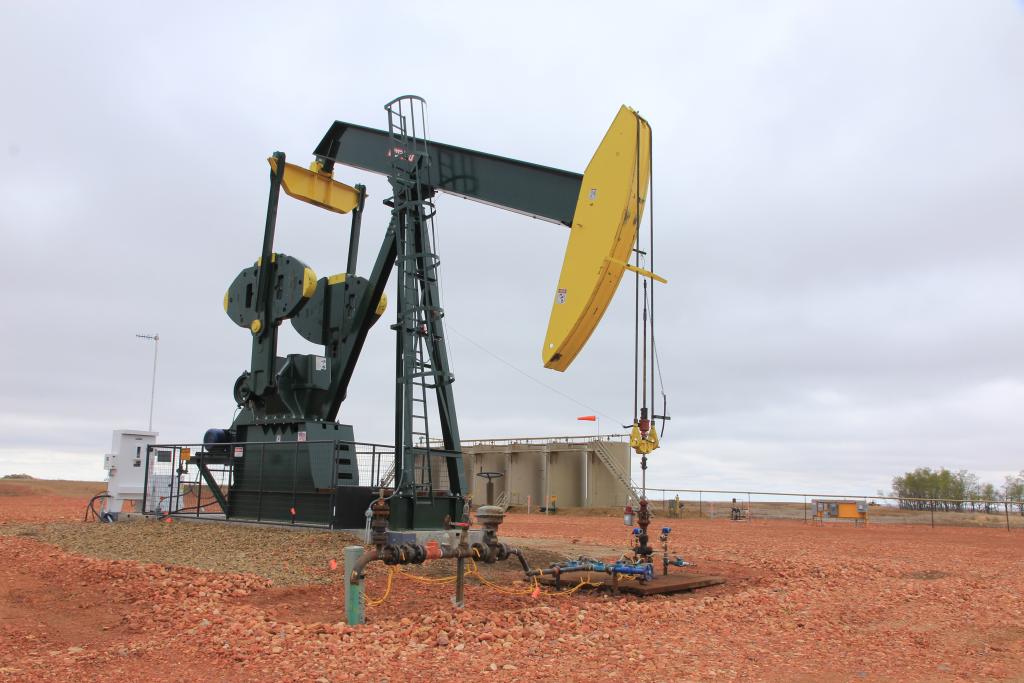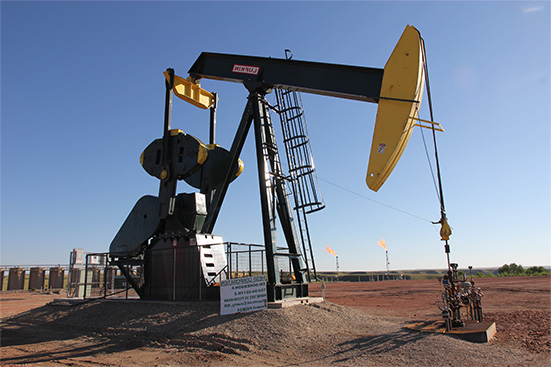
Are you thinking about investing in oil and gas? Understand the essentials for making smart and informed decisions that align with your financial goals.
Understanding the Industry
Oil and gas investments can be lucrative, but they come with risks. The industry’s complexity requires a thorough understanding of market dynamics, technological advancements, and regulatory environments. Knowledge about how these factors interplay will help you make better investment choices.
Market Dynamics
The oil and gas market is influenced by global supply and demand. Geopolitical events, natural disasters, and technological innovations can impact prices significantly. For instance, a major oil discovery in one part of the world can lead to a supply surge, lowering prices. Conversely, political instability in oil-rich regions can restrict supply and push prices up. Staying informed about global events and trends is vital for making timely investment decisions.
Types of Oil and Gas Investments
There are several ways to invest in oil and gas:
- Direct Participation Programs (DPPs) – These allow investors to directly participate in the exploration and production of oil and gas. While potentially high-reward, they also come with risks and require substantial capital.
- Mutual Funds and ETFs – These are more accessible to individual investors and offer diversification. Typically, investors diversify their portfolios with various oil and gas companies, reducing risk compared to DPPs.
- Stocks of Oil and Gas Companies – Investing in the stocks of companies engaged in oil and gas exploration, production, and distribution can be profitable. These investments are influenced by the company’s performance and broader market trends.
Contact DW Energy
Want to learn more about oil & gas investing? Our expert team can provide you with more information or schedule a consultation to talk about diversifying your investment portfolio.

Risk Management
Investing in oil and gas requires a solid risk management strategy. Here are some tips to mitigate risks:
- Diversification – Don’t put all your money in one type of investment. Spread it across different assets to reduce risk.
- Research – Thoroughly research potential investments. Understand the company’s financial health, management team, and market position.
- Consult experts – Seek advice from financial advisors or investment experts. They can provide insights and help you make informed decisions.
Evaluating Potential Investments
When evaluating oil and gas investments, consider these factors:
- Company’s financial health – Look at the balance sheet, income statement, and cash flow statement. Healthy financials indicate the company’s ability to withstand market fluctuations.
- Management team – A strong, experienced management team is important. Their expertise can drive the company’s success.
- Operational efficiency – Companies that can efficiently extract and produce oil and gas often have higher profit margins. Evaluate their operational costs and production rates.
- Regulatory environment – Be aware of the regulations governing the oil and gas industry. Compliance with local and international laws is vital for the sustainability of operations.
Environmental and Social Considerations
The oil and gas industry faces increasing scrutiny over its environmental and social impact. Investors should consider:
- Environmental policies – Companies with strong environmental policies and sustainable practices are better positioned for long-term success.
- Community relations – Positive relationships with local communities can prevent conflicts and ensure smooth operations.
Tax Benefits and Cost Efficiency in Oil and Gas Investments
One of the key advantages of investing in oil and gas is the potential for significant tax benefits. These benefits can improve the overall return on investment by reducing your tax liability. Here are some important tax considerations:
- Intangible Drilling Costs (IDCs) – These are costs incurred during the drilling of a well that has no salvage value. IDCs include expenses such as labor, fuel, and drilling fluids. The IRS allows these costs to be deducted in the year they are incurred, which can amount to a substantial tax deduction.
- Tangible Drilling Costs – These costs are associated with the purchase of equipment used in drilling. Unlike IDCs, these costs are depreciated over several years. However, depreciation can still provide a valuable tax shield over the life of the investment.
- Depletion Allowance – This tax deduction allows investors to account for the depletion in reserves as oil and gas are produced. The IRS permits two types of depletion: cost depletion and percentage depletion. The percentage depletion allows for a fixed percentage of gross income to be deducted, providing a continuous benefit as long as the well is producing.
- Passive Income and Losses – Oil and gas investments can generate passive income, which can be offset by passive losses. This can be particularly advantageous if you have other passive income sources, as the losses from oil and gas investments can reduce your overall taxable income.
Cost Efficiency
Investing in oil and gas can also be cost-efficient. Here’s how:
- Operational costs – Efficiently managed oil and gas operations can lead to lower production costs. Companies that use advanced technologies and innovative methods to extract oil and gas can significantly reduce their operational expenses. This, in turn, can lead to higher profit margins for investors.
- Economies of scale – Large oil and gas companies often benefit from economies of scale. Their size allows them to negotiate better terms with suppliers, invest in advanced technology, and spread fixed costs over a larger production volume. These savings are often passed on to investors through higher returns.
- Energy prices – Efficient production processes can make companies more resilient to fluctuations in energy prices. Companies that maintain low production costs are better positioned to stay profitable even when oil and gas prices drop.
The Positive Impact of Fossil Fuels in the Renewable Energy Transition
Fossil fuels, including oil and gas, play an important role in the transition to renewable energy sources. While renewable energy is on the rise, it still relies heavily on fossil fuels for several reasons:
- Reliable energy supply – Renewable energy sources like solar and wind are intermittent, meaning they don’t always produce energy when it’s needed. Oil and gas provide a reliable backup to ensure a constant energy supply.
- Infrastructure development – The infrastructure for oil and gas is well-established and can support the growth of renewable energy. For example, natural gas plants can quickly ramp up production to compensate for dips in solar or wind energy.
- Technological advancements – The oil and gas industry is a major investor in new energy technologies. These investments often lead to innovations that benefit the renewable energy sector, such as improved energy storage solutions and more efficient power generation methods.
- Economic stability – The revenue generated from oil and gas can be used to fund renewable energy projects. The transition to clean energy is often viewed as a departure from fossil fuels, but in reality, it complements the fossil fuel industry. For instance, the production of steel – a critical component in renewable energy infrastructure – relies heavily on fossil fuels.
Understanding how fossil fuels and renewable energy work together helps investors see the bigger picture of the energy sector, helping them make more informed decisions.
Investing in oil and gas can be rewarding if approached with careful consideration and strategic planning. By understanding market dynamics, diversifying your portfolio, evaluating potential investments thoroughly, and taking advantage of tax benefits and cost efficiencies, you can successfully navigate the complexities of this industry.
For detailed guidance and investment strategies, visit our Insights Page.
Contact dw energy
Sources:
- “Crude Oil: Influenced by Supply and Demand,” DW Energy Group
- “Intangible Drilling Costs (IDC): Overview, Example,” Investopedia
- “Tangible drilling costs definition,” Law Insider
- “Depletion Allowance,” Investing Answers
- “Using the Depletion Deduction to Minimize Oil and Gas Tax Liability,” Ohio State University Extension
- “Economies of scale How the oil and gas industry cuts costs through replication,” Economist Intelligence Unit
- “The Economic Realities of Renewable Energy,” DW Energy Group
- “Coal and Steel,” FutureCoal
